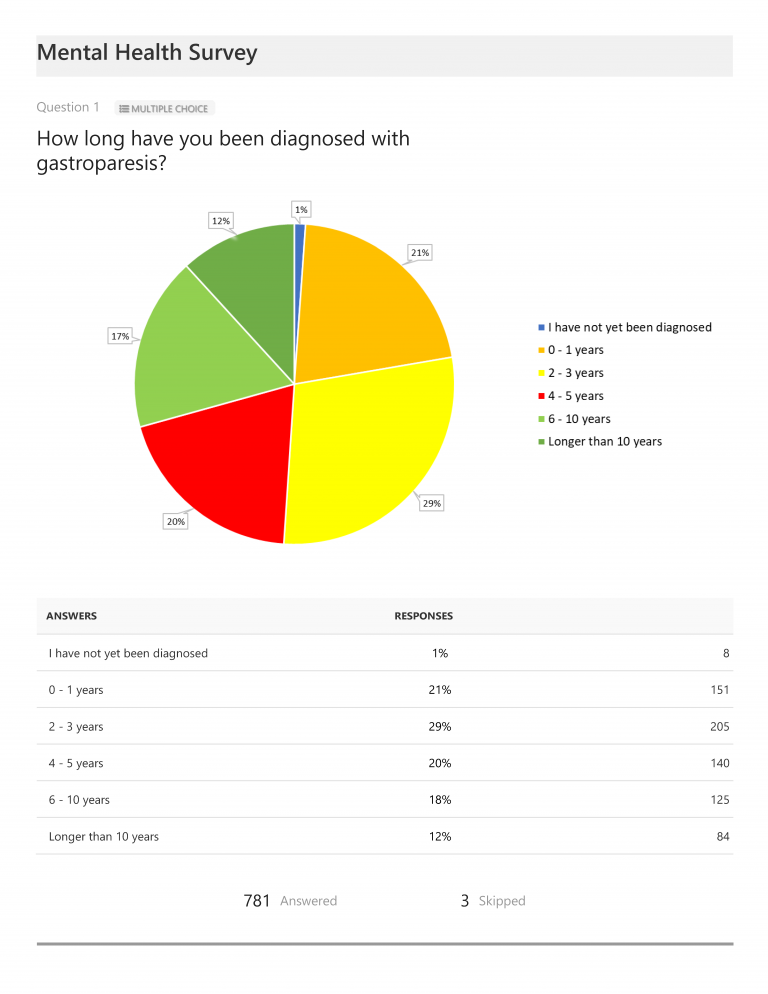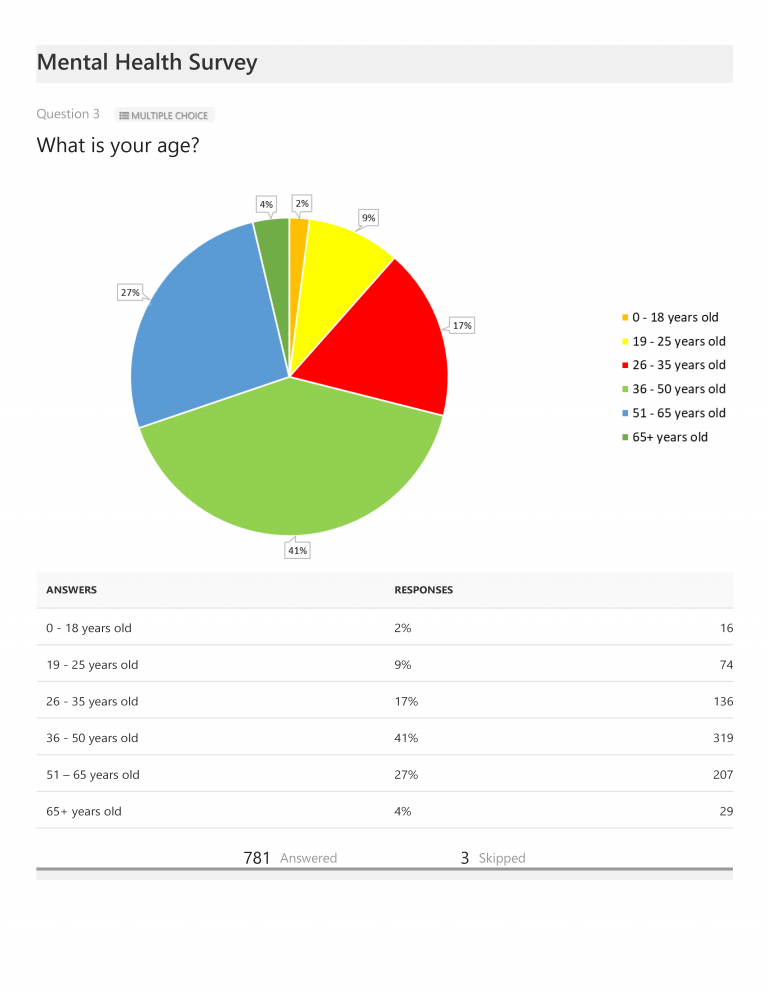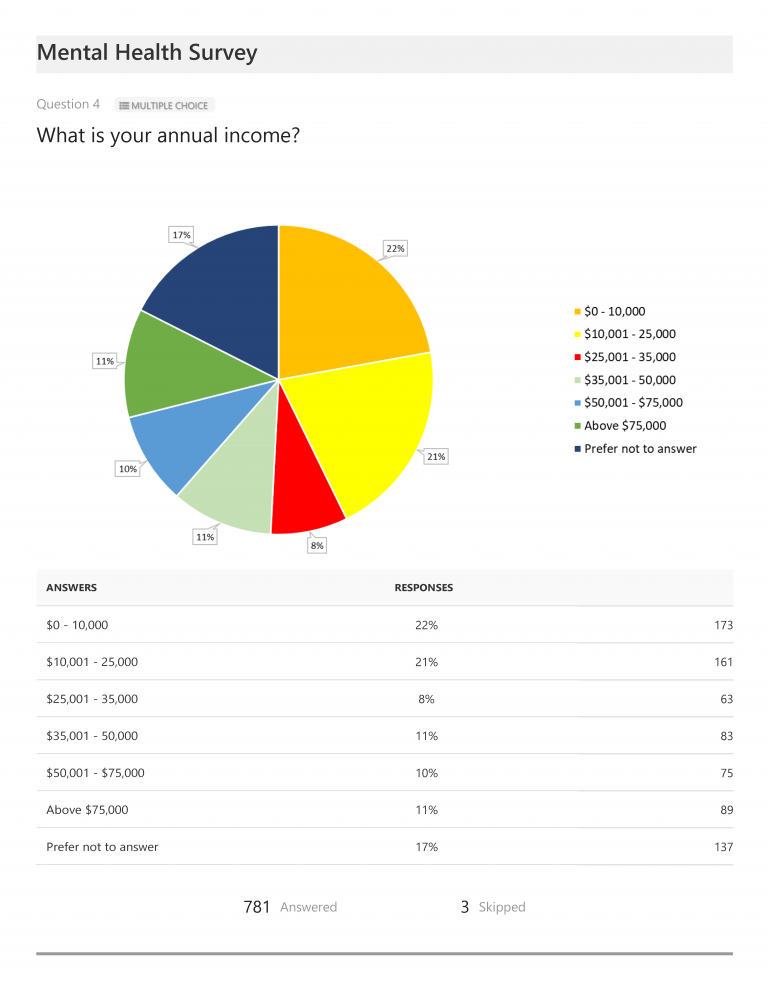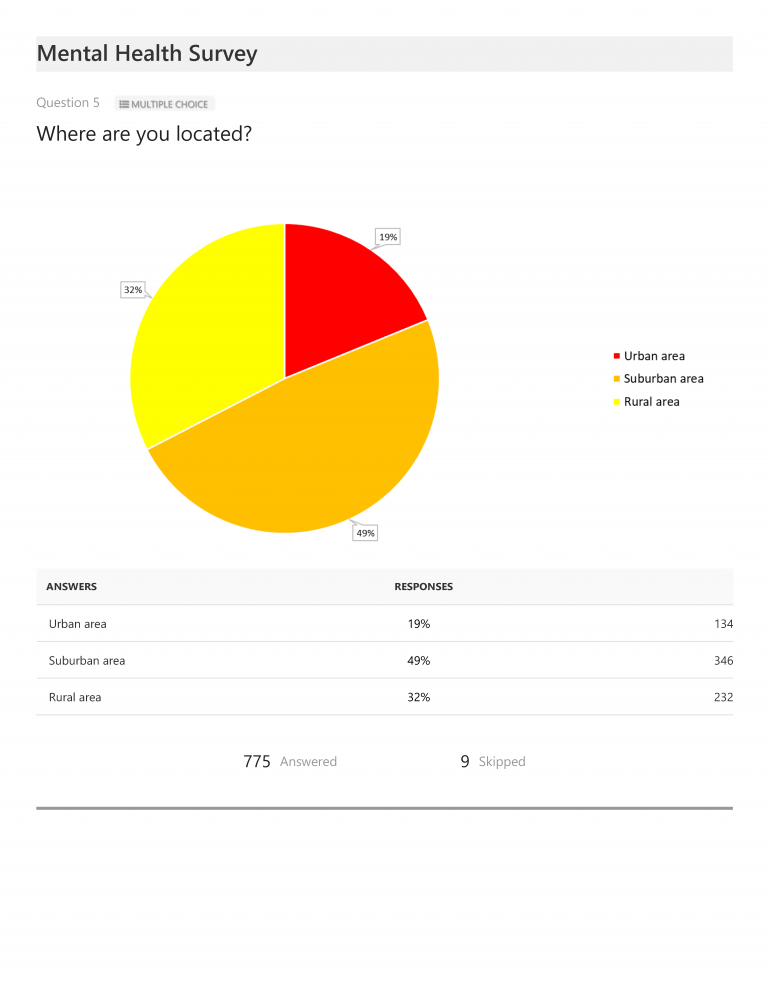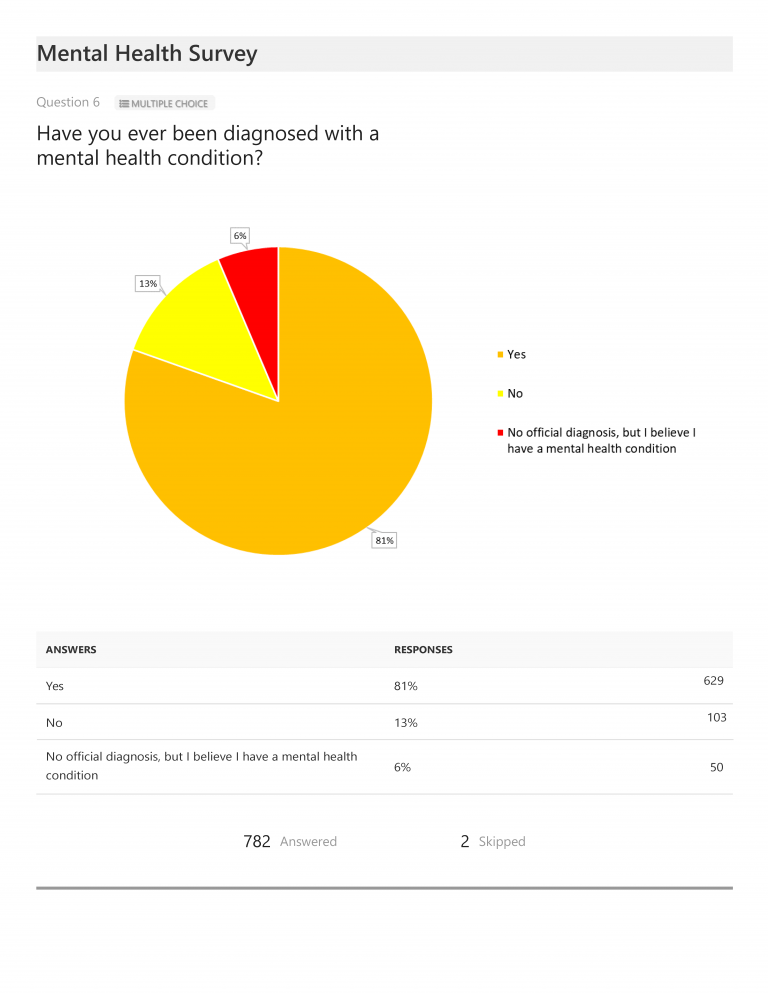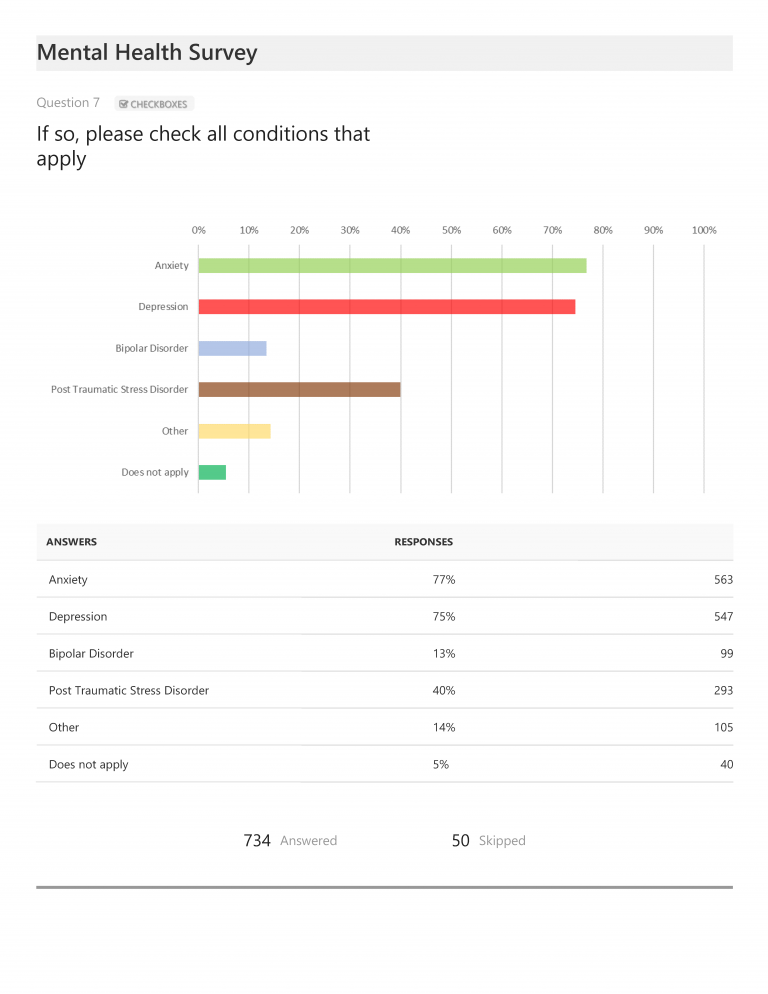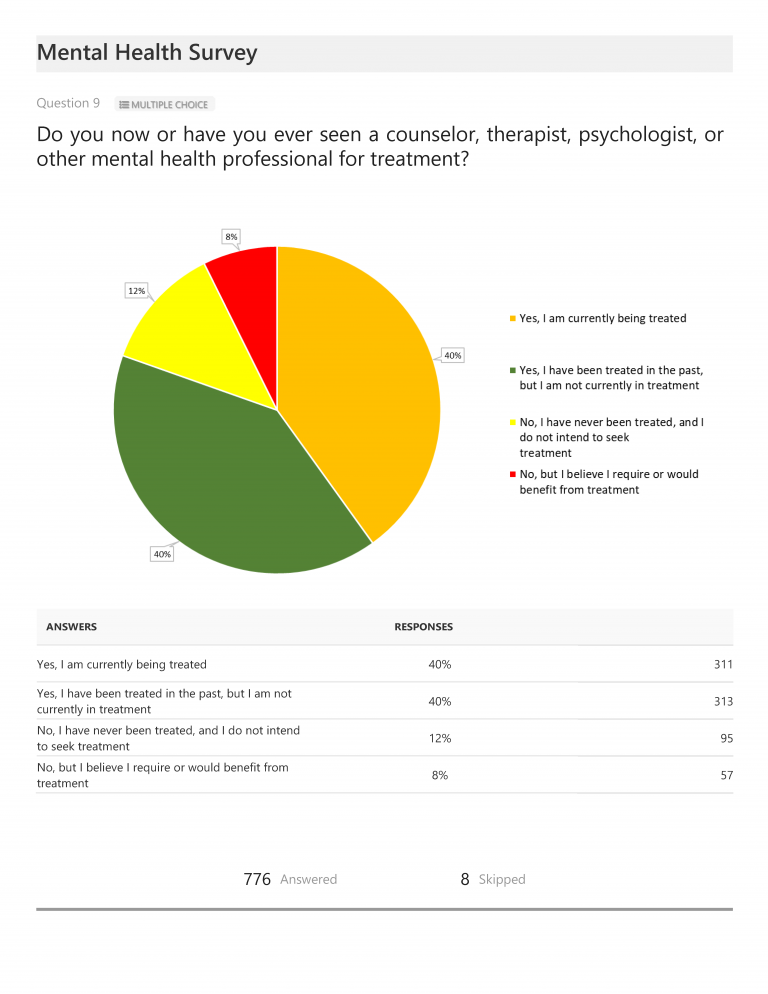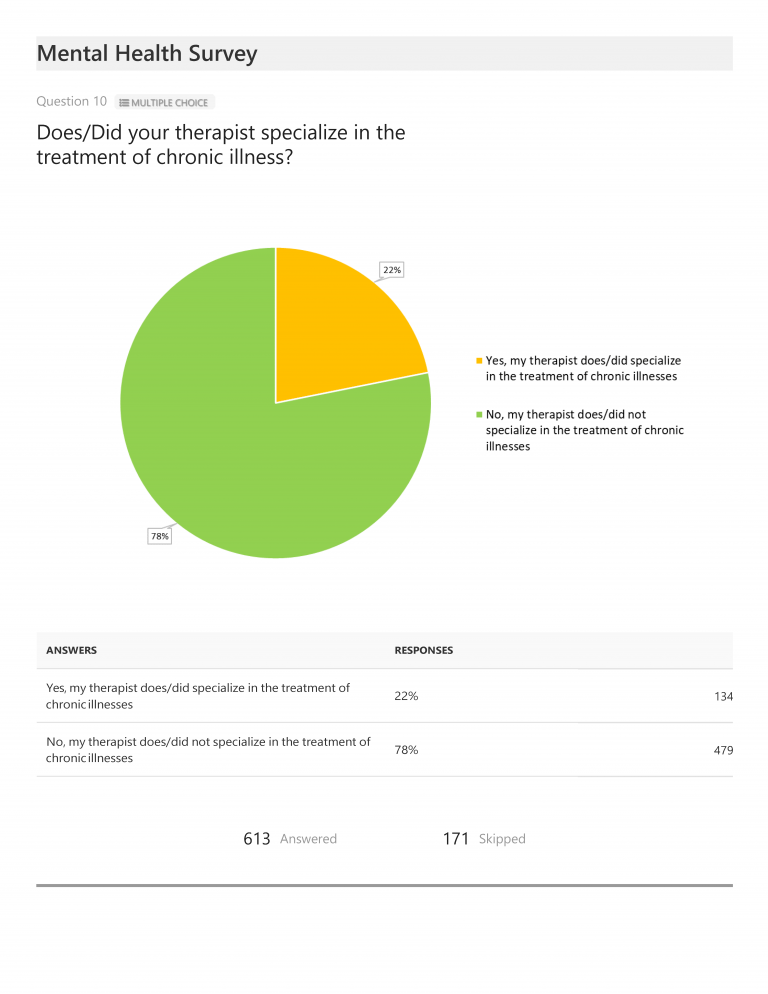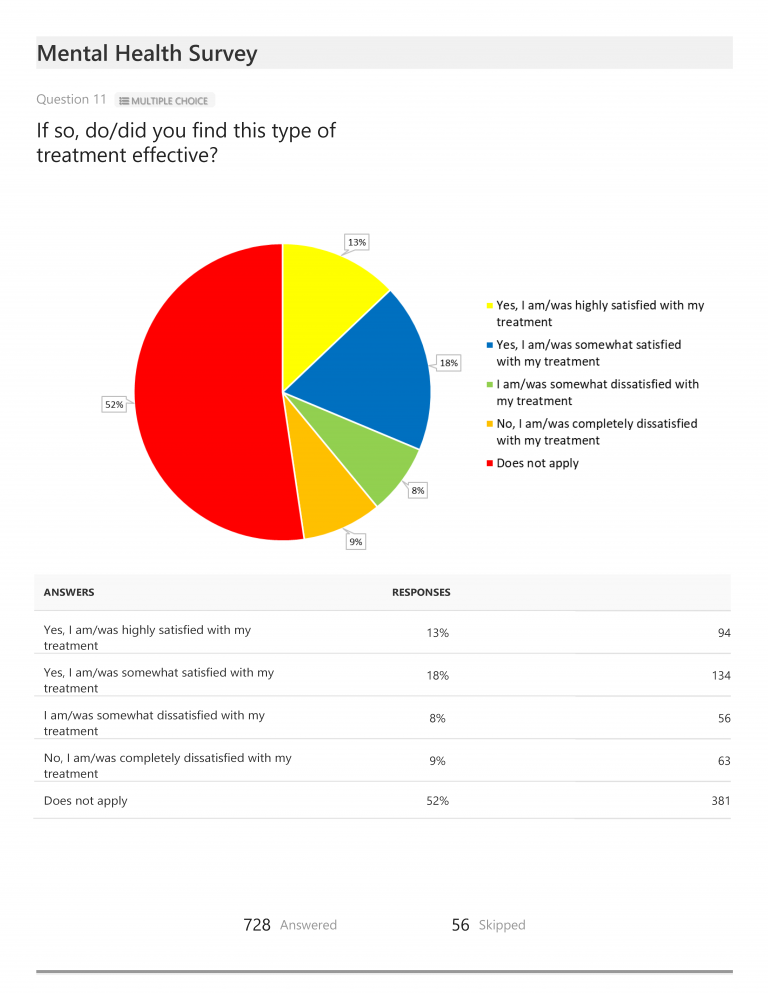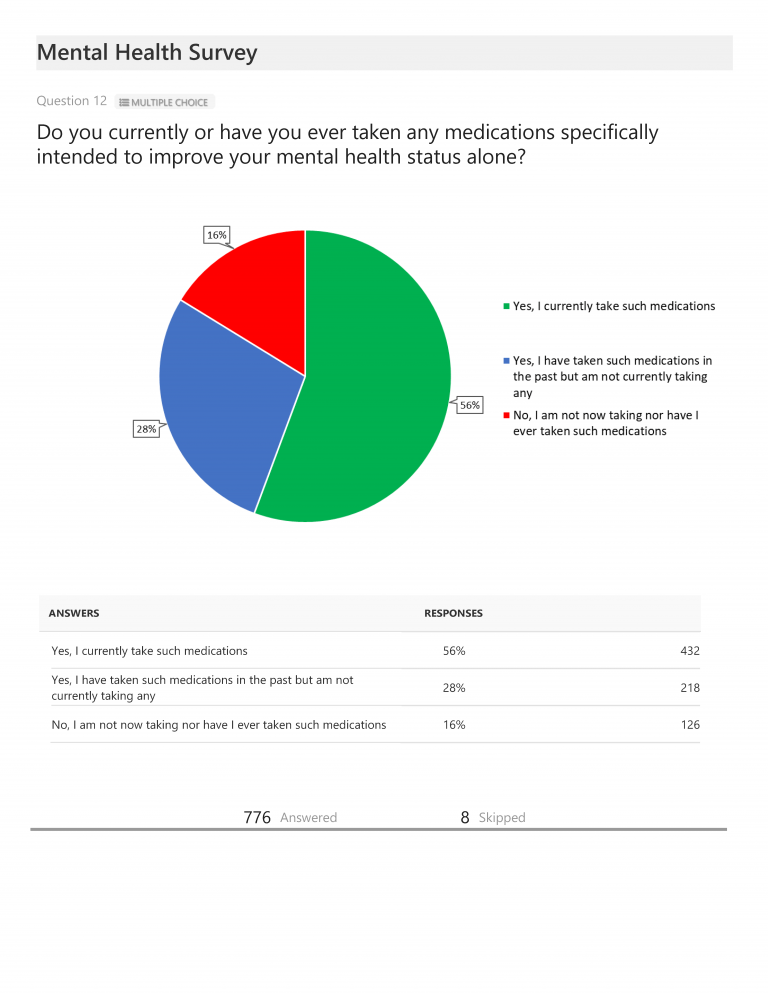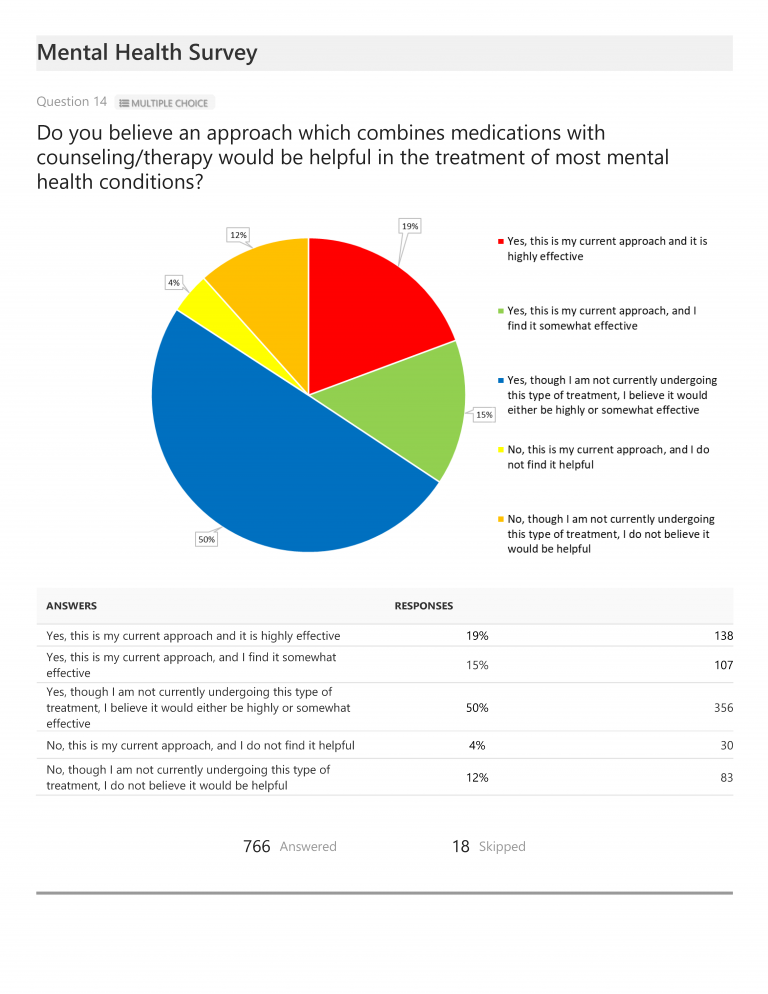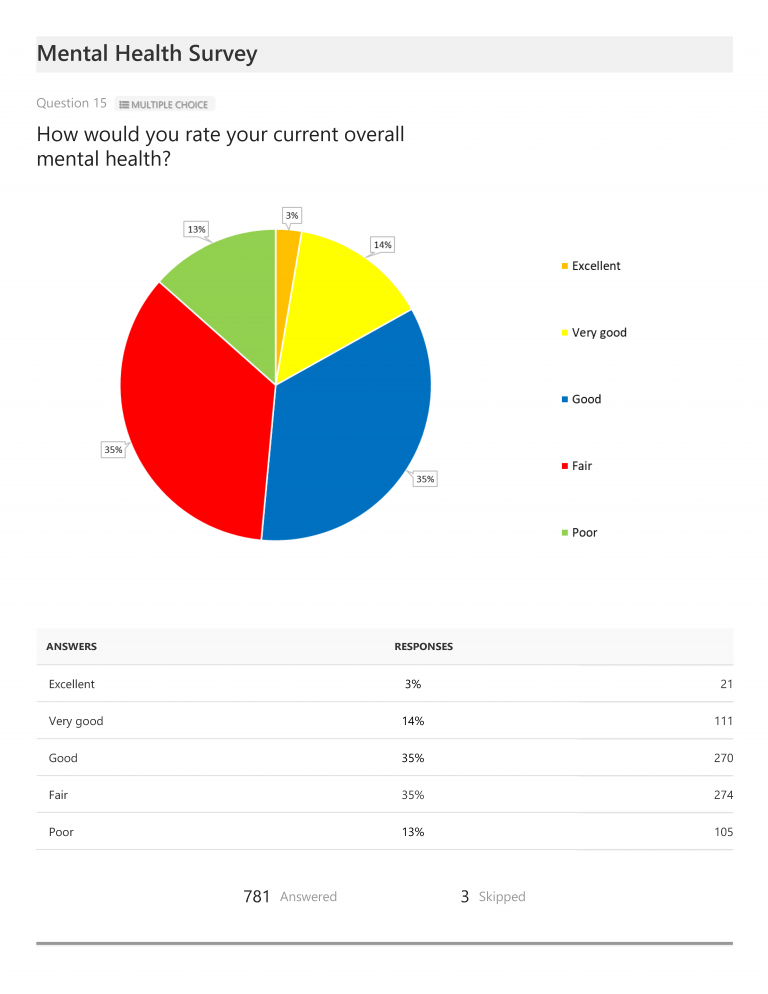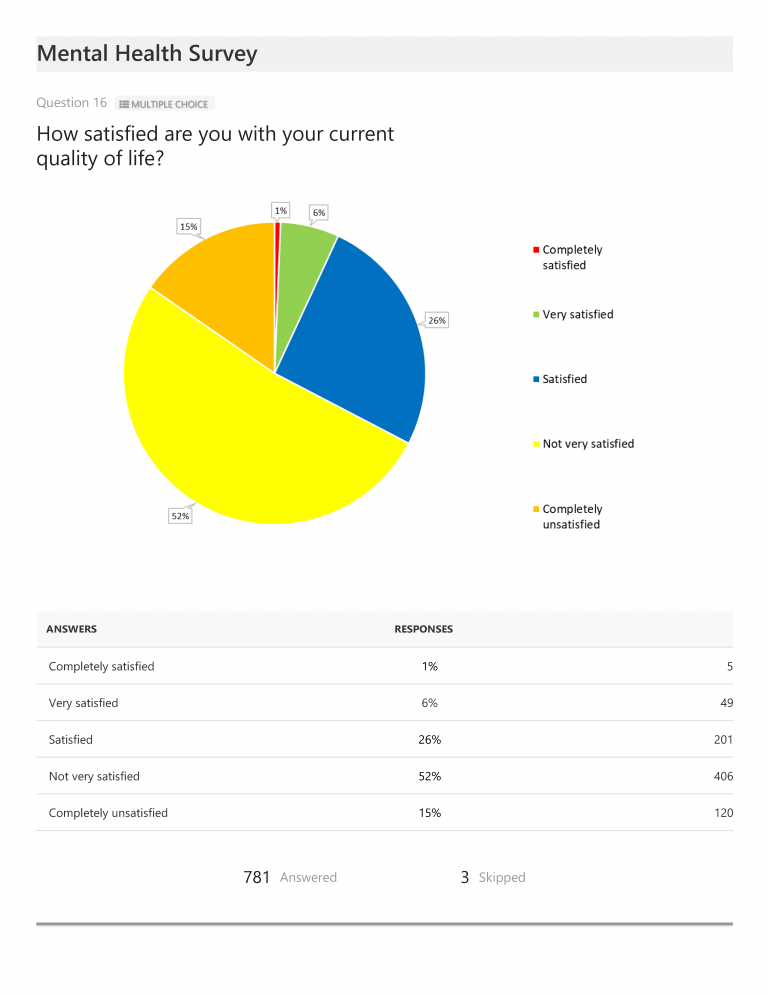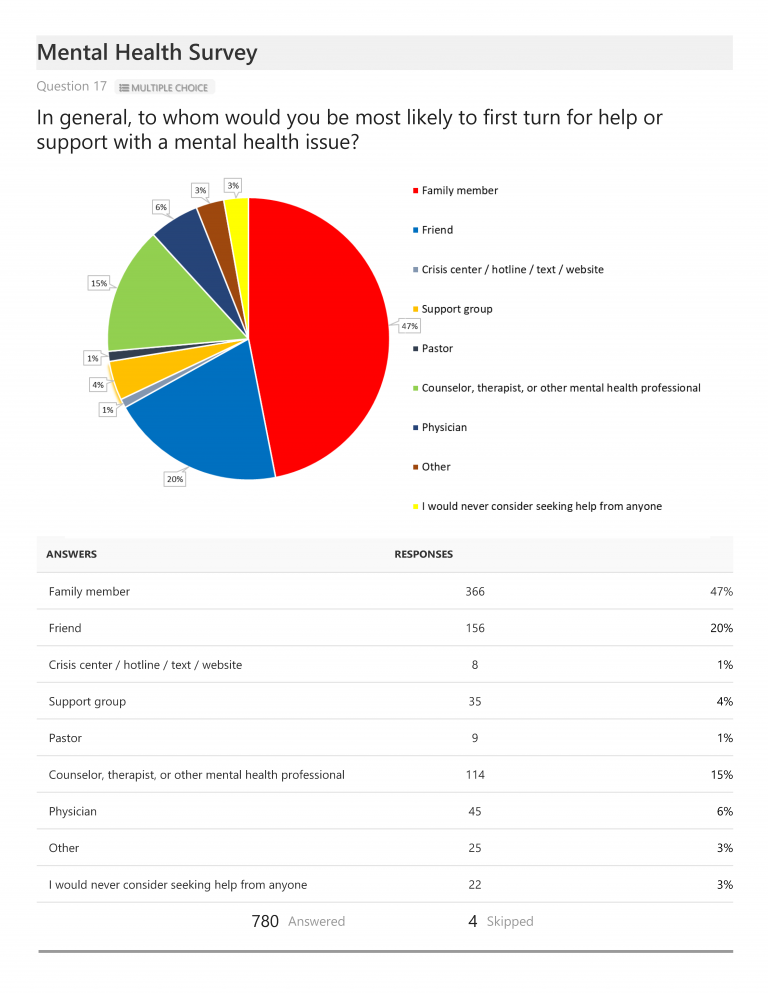Year: 2019
Nursing school is hard enough as a healthy person

I am 22 years old. I started nursing school in June of 2018. Nursing school is hard enough as a healthy person.
I got a kidney infection in the end of November of 2018 for which I was hospitalized for. That began a severe struggle with my health. I stopped being able to hold down any food (even water). After multiple hospitalizations, one of them lasting a month.
I was officially diagnosed with severe gastroparesis in April of 2019 after I had lost 60 pounds and my gall bladder removed. They couldn’t control my nausea and vomiting with any diet or medication, so I ended up with a surgically placed J tube. I have since been hospitalized 3 more times, not including the ER visits from passing out at clinicals in which I was not admitted.
I currently have not kept down anything I have ingested for about a year now, despite the gastric pacemaker I had placed in June. Despite the 4 surgeries I have had this year, the accumulated 2 months of the last year I have spent in a hospital bed because of this disease along with kidney stones and an ovarian cyst that burst, and the malnourishment that keeps me exhausted most of every day, I graduate nursing school in 38 days with a 3.9 GPA.
I also accepted a position on my dream unit (an ICU) for after I graduate. I am still learning to live with my feeding tube and still struggle to remain positive. I have my days where I cry and want nothing more than to be able to enjoy a glass of ice cold water and gain some weight. I still have hope that, one day, I will be able to get rid of my feeding tube and keep down something. I am so excited that I am going to graduate with my BSN despite my bad luck with my health. This has been easily the hardest thing I have ever done in my life. Thank you for letting me share.
Gastroparesis, a debilitating and destructive chronic condition

I suffer with Gastroparesis. A debilitating and destructive chronic condition that has ripped me apart. I have lost my sense of self, my ability to have a job, my brain function is slower, my body is in pain every minute of every day, I can’t be spontaneous, I take bouts of medications all day every day, I feed through a tube in my nose into my bowel, I will soon have surgery.
The treatment options are abysmal. The motility medications rarely work and often make us worse. The only pain medication available is both addictive and slows down motility but we have no other option. The anti-sickness medications rarely work unless administered through IV but a lot of us do not have access to that.
I’m only 25 and therefore my specialist refuses TPN. TPN itself causes a huge amount of issues. There’s no one looking for a cause, and there’s no cure. We are tubed, stuffed with medication and left to rot at home. We see specialists twice a year due to overwhelming lack of funding. There’s no mental health support and none of the therapy treatments apply to our condition. We are shoved aside, blamed for our condition, accused of lying, accused of drug seeking, accused of starving ourselves. All this is soul crushing. We get treated so poorly, despite the fact that we have an organ that doesn’t work properly.
Imagine if it was your heart, kidney, lungs, you’re treated properly. You’re treated with respect. But when it’s your stomach? You’re left to deal with it yourself, like being thrown to the gutter. It’s absolutely appalling. We are dying, slowly, we are getting more sick, slowly, we are in pain, all the time, we deserve better! Across the whole world we deserve better. We deserve recognition, better treatments, less ridicule and we deserve respect. Could you imagine living everyday with food poisoning, every day, for the rest of your life? Just imagine it. Imagine how that would feel. Would you be able to work? Would you expect to be treated better, properly? This is our lives. All day, everyday! We deserve better.
Gastroparesis has taken so much from me but I will refuse to let it take all of me. I am a warrior and a fighter. I fight everyday, we fight everyday. More than a lot of people could comprehend. I try and raise awareness because we are treated like an afterthought! It’s only our Gastroparesis groups and warriors that are fighting for awareness! We are the ones powering through for better treatment, better mental health support, better understanding, less ridicule all whilst suffering tremendously. This condition can be all consuming, soul crushing, mind altering, painful in every aspect and so unbelievably destructive. But through it we find strength we never thought we could ever have, we gain a family across the world that are there for you and understand you 24/7, we find new comforts and hobbies that we would never have considered before, we establish who is truly there for you, we push boundaries that we never thought were possible and we find a new respect for just how much the body can persevere. We are warriors. I am a Gastroparesis Warrior.



